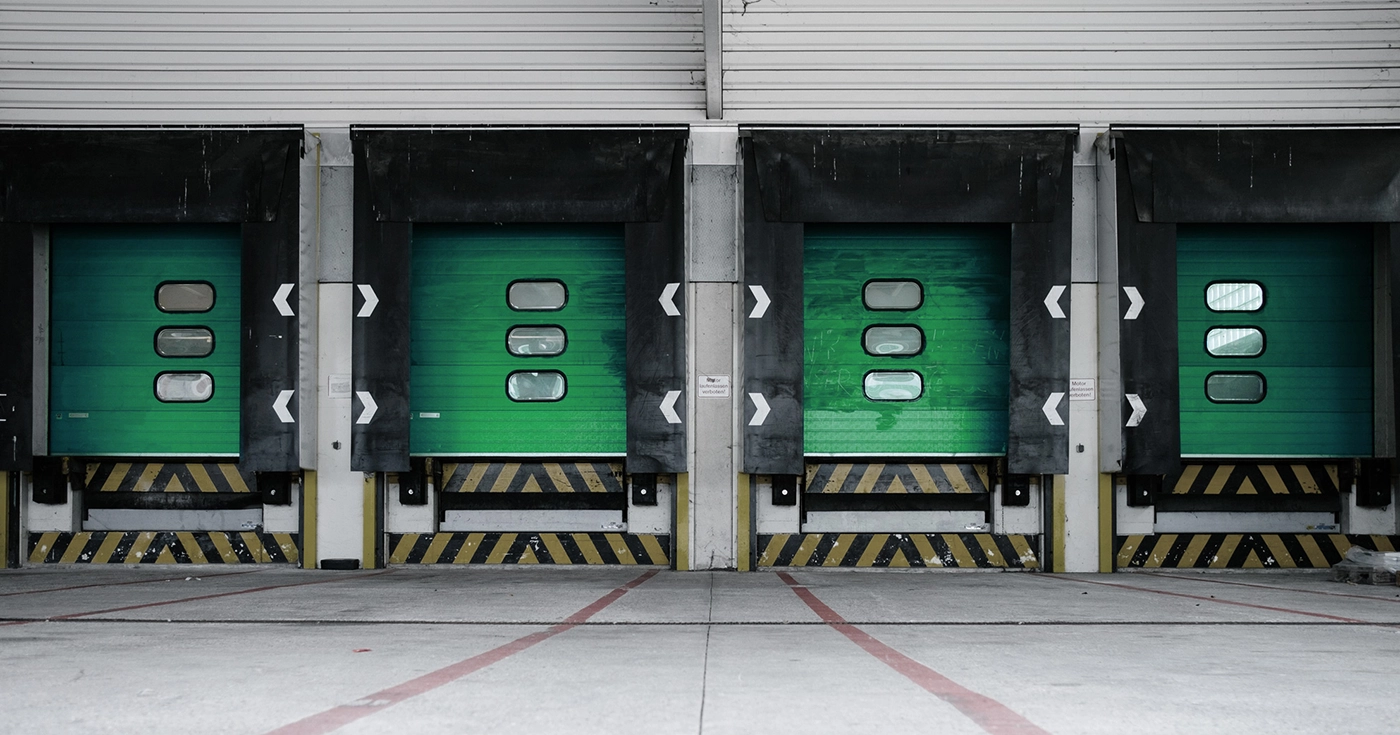
Confidence in logistics investment is growing
Last Updated on 19 August 2025 by Equipo Urbanitae
The boom in e-commerce and the need for more efficient supply chains are driving investment in logistics. The ubiquitous demand for fast deliveries necessitates modern, well-located infrastructure. This article examines the current state of logistics investment in Spain.
Last year, logistics ranked as the third highest sector for real estate investment, totaling 1.5 billion euros, according to CG Capital Europe. This figure represents a 35% decline from 2022. According to the investment bank, this decrease was due to investor caution and rising financing costs. In February 2023, the ECB raised interest rates to 3%, closing the year at 4.50%.
In the first quarter of 2024, logistics investment fell by 0.8%, as reported by Colliers. However, this figure is 9.2% higher than the quarterly average in 2023. Analysts attribute this slowdown to investors’ demand for higher profitability. The segment ended last year with a yield of 5.3%, surpassed only by shopping centers (7.2%), ahead of offices (4.84%), and High Street properties (4.1%), according to CG Capital Europe.
A promising future
Experts also agree that the second half of the year will be better. Colliers states that logistics “remains a safe bet for the future,” given the 17% growth in e-commerce. CBRE also talks about a “recovery in confidence.” The consultant’s index stands at 54.4, above 2023’s 51.2 and even surpassing 2022’s 54.
Thus, despite the first quarter figures, 64% of logistics operators plan to increase their investment in the sector over the next twelve months. Caution remains, however: 34% of logistics operators anticipate tougher business conditions in the next twelve months, compared to 24% expecting more favorable conditions. Nevertheless, 36% also expect to increase their profits.
One of the reasons for this optimism is the sector’s adaptation to “supply chain disruptions.” It is worth recalling that supply chain issues date back to 2021. The pandemic caused global disruptions, and the rapid reopening of the economy in the latter half of 2021 tested the system’s capacity to meet demand. The war in Ukraine, which began in February 2022, added new challenges.
The power of online commerce
As mentioned earlier, e-commerce is one of the main drivers of growth in the logistics sector. As consumers shift their shopping habits to online platforms, the demand for modern, well-located logistics spaces has increased significantly. Companies like Amazon, Zalando, and other major platforms require distribution centers and warehouses to manage the growing volume of orders and ensure fast, efficient deliveries.
Consequently, the modernization of logistics infrastructure is another key trend driving investment in this sector. Warehouses and distribution centers need to be larger, technologically advanced, and strategically located to meet the needs of current supply chains. This includes integrating technologies such as automation, artificial intelligence, and warehouse management systems that enhance efficiency and reduce operating costs.
Barcelona, Madrid, and Valencia lead the way
The three main logistics markets in Spain – Barcelona, Madrid, and Valencia – accounted for 87% of operations in the first quarter. Thus, of the 375 million euros invested between January and March, Madrid attracted 134 million (36%), Barcelona 156 million (42%), and Valencia 35 million (9%). Madrid notably improved its investment volume by 190% compared to the first quarter of 2023.
In terms of contracted space, Madrid absorbed a total of 232,000 square meters of logistics space between January and March, a 50% increase from the previous quarter and 6% higher than a year ago. The Catalan market saw a year-on-year decline of 65%, with 75,000 square meters contracted, while Valencia contracted 23,000 square meters, down 70% from the first quarter of 2023.
In summary, real estate investment in logistics in Spain offers attractive opportunities for investors seeking to diversify their portfolios and benefit from the growth of e-commerce and infrastructure modernization. With its strategic location, e-commerce growth, and infrastructure improvements, Spain positions itself as a key market in the logistics sector, despite challenges such as competition, regulations, and the need to adapt to technology.

